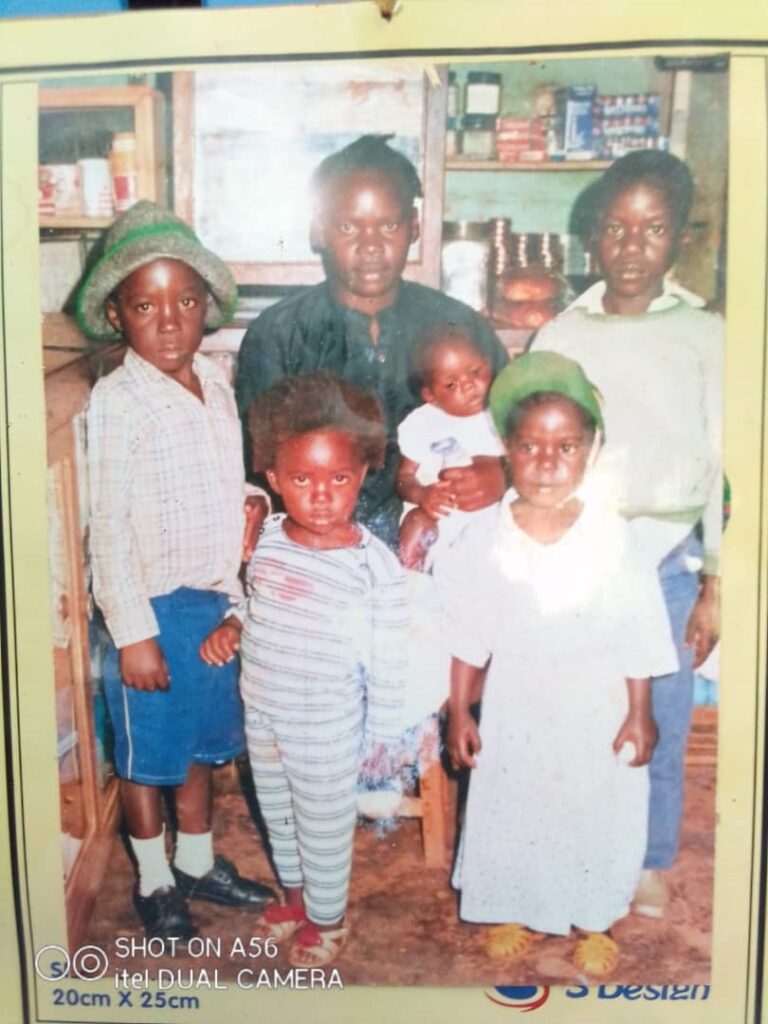By Frank Obonyo
“Daddy, could you please tell us how you celebrated Christmas when you were growing up?”
My children of ages six and nine asked. I replied: “New clothes and shoes, special food” – not pizza, kebab and other fast food. It was more.
My dad worked at Roko Construction Company for much of my childhood.
As children, we associated the place with a building and a car. Dad sometimes took us for weekends to Kawempe, where the company’s head office is located, and we rode in a vehicle that he was permitted to use.
Roko closed for the Christmas holiday every December 24 at about 12 pm.
To us, this was the beginning of Christmas because we would set off to our ancestral home in Tororo on that day.
The drive we took more than two decades ago would take about eight hours because of deep potholes along Kampala-Malaba Road.
As children, we did not care about the fatigue our father experienced.
All we wanted was the drive. We would even urge him to overtake any car that was ahead of us.
Amidst those rides, we felt sort of superman each time dad passed another car. He was a martial man, we thought.
We would also stopover along Mabira Forest for roasted gonja (plantain), chicken, and goat’s meat.
We looked forward to reuniting with our grandmother, Philista Aboth (RIP), who we miss dearly.
She was such a caring, hardworking and visionary woman.

I do not know how she did it, but on each Christmas day, we enjoyed black roasted meat and rice milled using pany, (mortar and pounding stick). The rice would be greyish, but delicious.
Grandmother never called us by names. She dearly referred to all of us as “puppies.”
I cannot explain why she called us puppies, but I knew we were children of her only child (my dad).
This implies we meant heaven and earth to her. Some of us would sleep in her tiny hut, while others chose our parents’ house.
At night, she told us stories equivalent to horror movies of today. The only difference is; her stories were punctuated with songs and carried life lessons such as respect for elders, heeding to instructions, love, consequences of theft and much more.
“Daddy, did you watch television then?” my six-year-old daughter asked.
“No,” I explained, “We did not have electricity or the internet. The night was even darker because of the plantation and trees that surrounded our home.”
During day times, we would play with other children so much that we forgot to eat, unless we were reminded about food by the elders.
Church experience
On Christmas day, drums sounded at Church in three different patterns.
The first one meant that there was a Church service. The second was to get every Christian ready to go to Church, and the third pattern was to communicate that the Church service had started.
We strolled to St Andrews Church of Uganda in Per-Per village, which is about 500 meters away from home.
At Church, we would connect with other relatives. While that was an amazing experience, it was also something I dreaded because of the habit of some uncles and aunts who arrogantly asked in the presence of our parents whether we knew them.
It sounded so commanding and domineering in the Adhola dialect: ingeyo ani? (To mean do you know my name, and how I am related to you? in English).
Our relatives expected us to know all of them, which was not possible.
However, that was part of village life. It was communal and key to know everybody.
After Church, we would head back home to eat grandmother’s exceptional meal. We all looked forward to that moment.
We can do more
“But daddy, you have not told us about your favourite games on your phone,” another child asked, adding: “Which ones did you play with your village friends?”
Well, my generation’s experience is far different from that of my children.
Today, children ask to go to the village with smartphones. They have a digital community. I do not want to criticize the way things are done because there are various reasons why society is no longer communal.
But, this should not be an excuse for not sharing the love of Christ whom we are celebrating.
If indeed we are remembering the birth of the Saviour who loves us, then we need to share with our neighbours.
There are people who do not have hope of having a meal on Christmas.
This is a time to demonstrate the love of Jesus Christ. You can make a difference. Merry Christmas!
The writer is Senior Public Relations Officer, Law Development Centre.






















